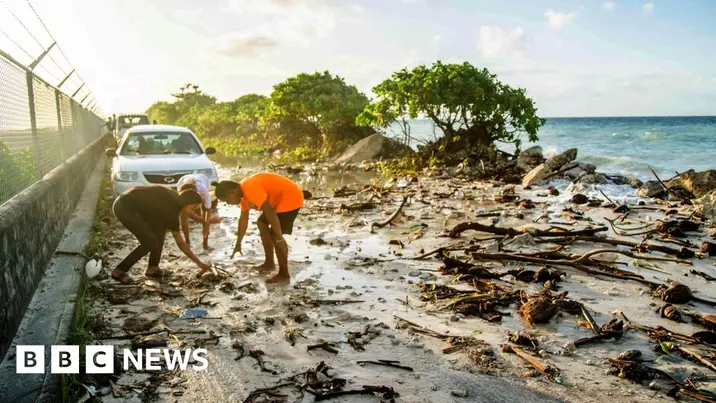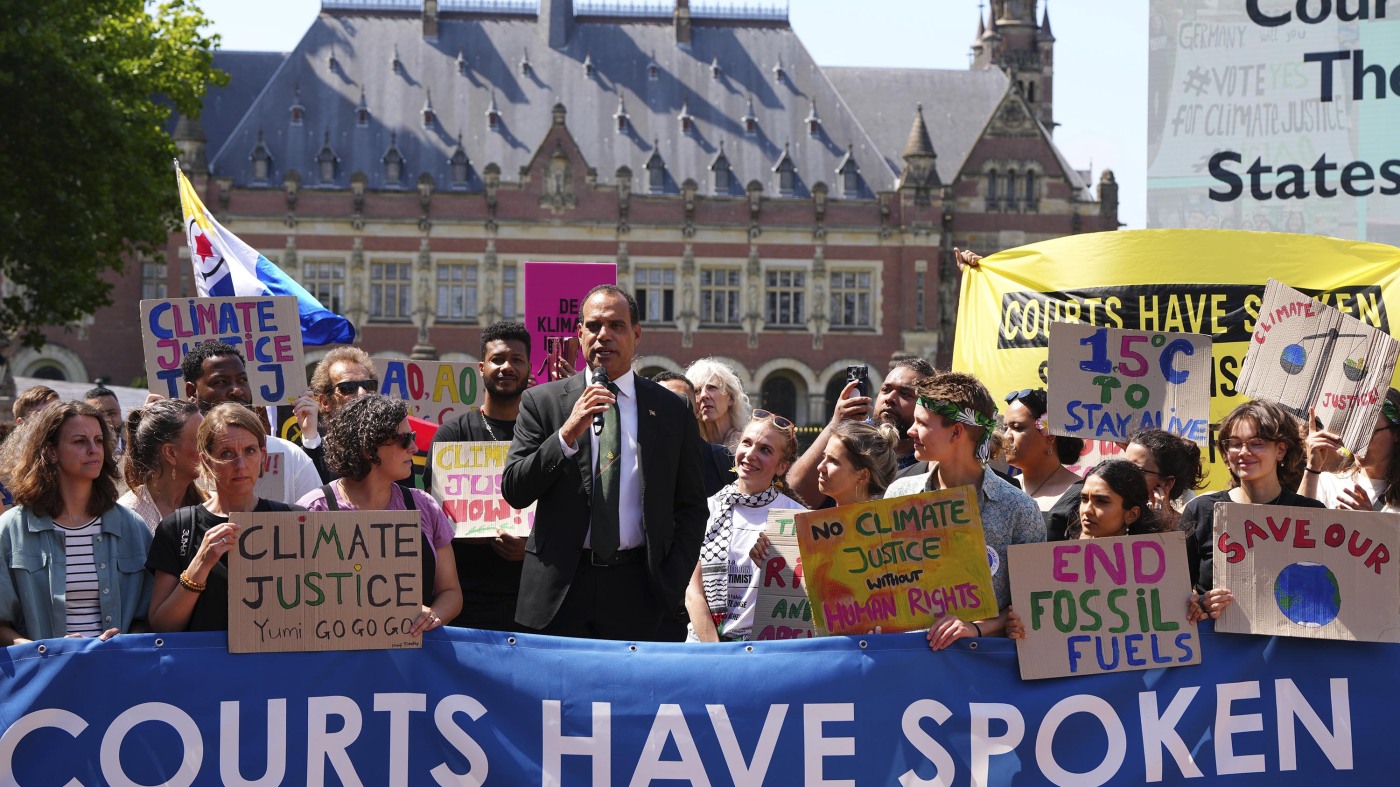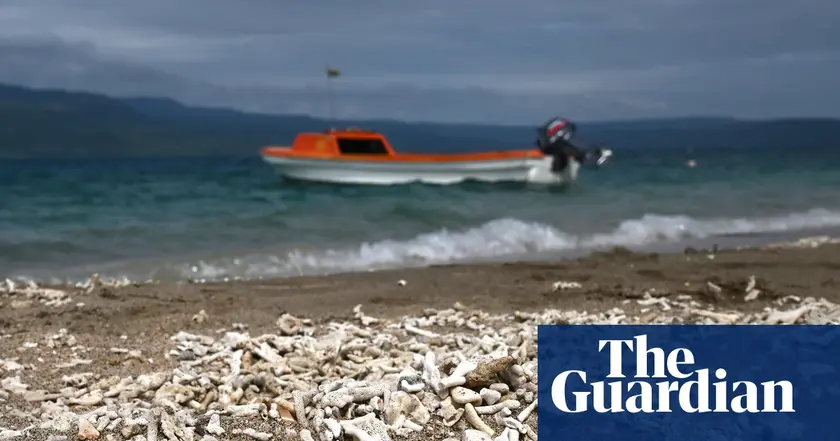T4K3.news
Court blocks fishing in Pacific Islands monument
A Hawaii federal court upholds the fishing ban in the Pacific Islands Monument, keeping protections in place and requiring formal rule changes for any future shift.

A Hawaii federal court upholds the fishing ban in the Pacific Islands Heritage marine national monument, overturning a 2020 rollback attempt.
Court blocks fishing in Pacific Islands monument
A federal court in Hawaii ruled that commercial fishing remains illegal in the Pacific Islands Heritage marine national monument, a federally protected area in the central Pacific. Judge Micah WJ Smith overturned an April NMFS letter that allowed fishing in portions of the monument, a change tied to President Trump’s efforts to roll back protections. The decision keeps the fishing ban in effect for waters around Johnston Atoll, Jarvis Island, and Wake Island, and emphasizes that operators cannot rely on the earlier letter as ongoing rulemaking.
Earthjustice, representing conservation groups, argued that NMFS bypassed the formal public notice and comment process required to change fishing rules. The court sided with those concerns, noting that changes affecting protected areas must go through proper channels. The monument itself spans hundreds of thousands of square miles in the remote central Pacific and is managed by multiple agencies. Indigenous Pacific Islanders and researchers have long highlighted the area’s ecological and cultural value, making the case about more than fish alone.
Key Takeaways
"This is a huge win for the Pacific’s irreplaceable marine life and for the rule of law."
Comment from Maxx Phillips of the Center for Biological Diversity after the ruling
"The Fisheries Service cannot ignore our perspectives as the native people who belong to the islands."
Statement from Solomon Pili Kaho’ohalahala, Kāpaʻa organization
"The court forcefully rejected the Trump administration’s claim that protections could be dismantled without public involvement."
Earthjustice attorney David Henkin on the decision
"These sacred ecosystems are home to endangered species and deep sea corals."
Statement from environmental groups involved in the case
The ruling frames conservation as a legal process, not a political move. It underscores the danger of unilateral policy shifts that skip public input and local expertise, which can erode trust in federal protections. By insisting on formal processes, the court sets a precedent that future administrations must follow the rules when altering protections for critical ecosystems.
For Indigenous communities, scientists, and long-time conservationists, the decision reinforces the idea that protecting fragile oceans requires durable commitments and meaningful involvement of those most connected to the land and sea. For commercial fishers and opponents of restrictions, the ruling highlights the continuing friction between economic activity and preservation that will likely shape debates around public lands and waters in the years ahead.
Highlights
- This is a huge win for the Pacific’s irreplaceable marine life and for the rule of law.
- The Fisheries Service cannot ignore our perspectives as the native people who belong to the islands.
- The court forcefully rejected the Trump administration’s claim that protections could be dismantled without public involvement.
- These sacred ecosystems are home to endangered species and deep sea corals.
Political sensitivity and potential backlash
The ruling touches on political tensions around federal protections, indigenous rights, and changes made during a previous administration. It could trigger criticism from fishing interests and supporters of reduced protections, affecting public opinion and future policy.
The ocean tests the balance between stewardship and industry, and the law keeps the scales in view.
Enjoyed this? Let your friends know!
Related News

Fishing halted in Pacific protected area

UN court allows legal actions for climate change damages

ICJ ruling could empower climate reparations

Nations must act on climate or face legal repercussions

Vanuatu seeks opinion from International Court about climate change

Potential new Chinese embassy in London

China ramps up military readiness for Taiwan invasion

World court issues landmark ruling on climate responsibility
